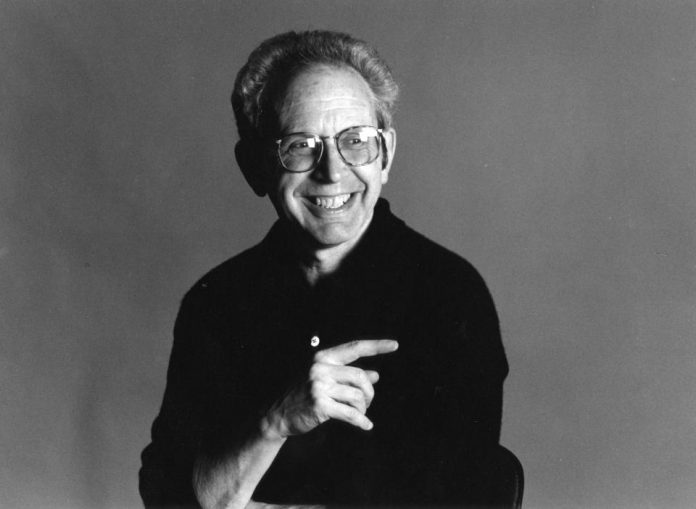“I saw Elvis and Sam Cooke and Sam Phillips as novelistic in a sense. They offer broad landscapes, sweeping themes, great characters, great dimension. There is a potential for epic grandeur, comedy and tragedy…vast novelistic landscapes. The vastness of America; the clash of so many of its cultural aspects; the sense of the immigrant and racial background; the contribution of African Americans and hyphenated Americans of all sorts. There are social concerns underlying all of the books I’ve written. What I’m looking for is the microcosm that becomes the greater picture…in every field.
“I think, and I know this is not a fashionable view, and it in no way undercuts my belief that there has never been social justice in this country — and there is no more social justice today than there was fifty years ago, and sometimes less — but I think music is one of the few places where this idea of appropriation doesn’t apply. I don’t mean in any way to take away from all the injustices that have been perpetuated, and all the racial injustices that have been the bedrock for so much of the social injustice in this country, but if you’re talking about the music business or the transmission of music, it operates in a different way. I would say that musicians in my experience are the most color-blind people I’ve ever met. You simply won’t find in a great musician the categorization gene that exists in so many critics, at least not with respect to the music.”







